|
As we enter the month of October, have we've got a lot in store for you!
First, for this month's newsletter, you'll notice that we've given it a complete redesign to both make it easier to find information and so it's a bit easier on the eyes. Second, you may have noticed our new tagline "The #1 Gateway for Asia-Pacific Coaching Opportunities & Knowledge". This new tagline more accurately captures and communicates one of our core differentiators in that we are focused on bringing the best paying coaching and consulting opportunities to our members as well as specific and timely regional and local market knowledge that you just can't find anywhere else. Third, we want to make it clear again that the APCA is completely agnostic about coaching styles. Some members may prefer one particular coaching certification or style over another while some others may feel the same way about a particular coaching accreditation. To us, it's all good because there is no single "best" way to coach. We all learn from each and other and actually recommend that our members learn as many different coaching styles and methodologies as possible for each one brings something to the table and allows, you, the coach to bring something unique and of value to each and and every one of your clients. Sincerely yours,
0 Comments
By James Santagata
Principal Consultant, SiliconEdge That Japan like any country, be it developing or developed, has her share of problems is not in the least bit surprising or at least it shouldn't be. However, what has surprised me over the years is how many foreign "Japan watchers" and "Japan pundits" always seem to miss the crux of what's really going on on the ground in Japan and more importantly what's going on in the mind of the Japanese. When articles are written or comments made about the supposed dearth of Japanese startups, the author or speaker almost always boils this down to several factors such as Japan's Shima-guni mentality (Island Nation / 島国), the so-called Galapagos Effect (which as I've continually pointed out is really just a misnomer for an industry or marketplace rife with ossified, rent-seeking incumbents and regulatory capture), Japan's supposed lack of talent, Japan's supposed lack of diversity and Japan supposed lack of creativity. ... ... With that said, there is another popular myth and meme that comes up regarding the lack of Japanese startups and that is the idea that the Japanese have an almost in-born fear of failure. I'm not here to argue that Japanese don't have a fear of failure because they do. We all do. Just as most other peoples around the world do, including those in the US and even including those working in Silicon Valley. People fear failure. But to hear the pundits tell it, "Japanese need to get over failure and embrace it". These pundits act like the fear of failure in Japan is simple a psychological construct* like it is in parts of the West like in the US. As we've been predicting for some time now, China's robot sector has exploded.
This isn't surprising as the continually rising cost of Chinese labor had been pegged in some quarters as being 25% to 33% more expensive than Mexican labor -- which is a huge difference when one also factors in time zones, shipping costs and local control. As such, many American and Canadian firms have moved their manufacturing, especially higher-end manufacturing (think Cisco Systems) to Mexico over the last 3 to 4 years. In response, China has moved heavily into Factory Automation, including robotics. This helps hold the labor wages down...but at what cost? Currently in China there are huge wage gaps and wealth inequality and now fully mechanization is coming on while a true middle class has never had a chance to arise. This is much different from what was seen / has been seen in the maturation of both Japan, Korea, Taiwan and the major Western economics. According to International Federation of Robotics, nearly 180,000 industrial robots were sold worldwide in 2013, with a fifth of those sales being in China. In 2013, China surpassed Japan for the first time to become the world’s biggest and fastest-growing robot market with sales of about 37,000 industrial robots . Experts predict that China’s robot market will grow to be more than one trillion yuan in a year or two. The Lucrative industry has attracted many investors who’re diving in. In Shanghai, a robot industrial park is currently under constructionan that’s expected to generate and send out around 60 billion yuan worth of products. Parks of the same scale are also being built in the cities of Shenyang, Qingdao and the municipality of Chongqing. While this signals trouble and bumps ahead for many workers, it also shows how fast the Chinese economy is maturing and developing and will certainly lead to many consulting and coaching opportunities now and in the very near future. Industrial robots, whose market in China is showing promising signs as workers get replaced due to higher labor costs. A lot of domestic robot manufacturers want to join the party and slice a piece of cake with foreign competitors. But they seem to be facing a tough road ahead. It’s a common scene in many Chinese factories. "Before the robots took over, there were seven workers working in this assembly line," Li Guolin, vice president of Air Conditioner Department, Midea Group, said. Efficient, working 24-7, no need to talk, eat, or drink, and best of all, you don’t have to pay them. There are more benefits to having robots working for you. They don’t get hurt. "The injury problems are solved, and efficiency is improved," Sun Zhiqiang, president of Guangzhou Ruisong Technology, said. And they take care of the labour shortage. "It’s very hard to recruit workers in a hard working environment such as the chemical and steel industries, so there’s a lot of space for industrial robots," Zhou Chaosen, deputy secretary of Guangzhou Federation Of Robotics, said. All of these reasons explain why the robot industry in China is seeing a great increase in recent years. According to International Federation of Robotics, nearly 180,000 industrial robots were sold worldwide in 2013, with a fifth of those sales being in China. In 2013, China surpassed Japan for the first time to become the world’s biggest and fastest-growing robot market with sales of about 37,000 industrial robots . Experts predict that China’s robot market will grow to be more than one trillion yuan in a year or two. The Lucrative industry has attracted many investors who’re diving in. In Shanghai, a robot industrial park is currently under constructionan that’s expected to generate and send out around 60 billion yuan worth of products. Parks of the same scale are also being built in the cities of Shenyang, Qingdao and the municipality of Chongqing. It’s not all good news though. According to International Federation of Robotics, more than 90% of the industrial robot market in China is dominated by foreign companies, and the key parts of robots for the rest less than 10% of the domestic market are made outside of China. For domestic robot manufacturers, they face a lot of challenges such as lacking key technologies and competition from foreign businesses. There is a lot to do to take up the lucrative, young market in China. expert AUdio Interviews: The Japan Business Trilogy: Startups, Entrepreneurship, Gaming, Tech9/5/2014 Finally, here it is, the Expert Audio Interview series, "The Japan Business Trilogy with Ken Charles".
90 minutes of jam-packed facts, insights, observations and commentary on the Japan Business Environment like you've never heard before.
By James Santagata
Principal Consultant, SiliconEdge / Executive Director, Asia-Pacific Coaching Alliance If it seems that we're under a constant barrage of the Western Media Myth (WMM) that (a) Japan is "failing" and that (b) this "failure" is primarily due to Japan's "talent problem" don't fret because we are. Further, we are told that Japan's supposed "lack of talent" has manifested itself in such as way as to be responsible for Japan's supposed "lack of creativity" and "lack of innovation"". ..... ..... As I have argued for over a decade now, these claims and even statistical comparisons by the Western Media are not only useless but downright dangerous (to those that want to fully understand Japan) as they ignore the real root causes of Japan's underperformance. APCA Executive Director, James Santagata, Speaks At 2014 AfterJET Conference (Yokohama, Japan)2/26/2014 APCA Executive Director, James Santagata, spoke at the 2014 AfterJet Conference held at the Pacifico Yokohama in Yokohama, Japan.
The conference attracted over 390 very energetic and ambitious participants. Can Struggling Japanese Companies Actually Beat The Snot out of Fast-moving Silicon Valley Firms?2/7/2014 By James Santagata Executive Director, Asia-Pacific Coaching Alliance; Principal Consultant, SiliconEdge
The Asia-Pacific Coaching Alliance's Advisory Board member, Kim Pedersen, was just interviewed by Asia Biz's Howard Lim. This is a very fascinating interview as Kim is one of the few foreigners to have been educated in the Japanese public school system rather than shipping of to the English-language curriculum's found in the international schools.
Before, Now And After Writing the No. 1 LinkedIn Book In Chinese (Hank Chin, APCA Director)9/23/2013 By Hank Chin Director, Asia-Pacific Impact Coaching Alliance Backgrounder To Writing The No.1 LinkedIn Book In Chinese Since I have dual roles in personal branding and job campaigning, it's always my desire and need to keep abreast and study trends as well as look into what the future may hold. And some time ago, after signing up for LinkedIn very early (it still wasn't very popular then), I have high expectations of its potential and so I invested my time to learn LinkedIn's new functions and how best to use them. It was clear to me that LinkedIn was a future star. LinkedIn is a very good platform to connect with like-minded people from around the world, and if it is used well it can be a very powerful tool with which to build your personal brand. So I stuck with LinkedIn, and then about 3 years ago LinkedIn started really growing rapidly, especially after the job search function was integrated into the original interface. It was at this time, that I thought that it was great timing to introduce LinkedIn to the Chinese-speaking world. From there, I invited a friend to write a book with me on the subject. Innovative Content Plus Thinking Structure Since very few people in the Chinese-speaking world had a clear idea of what LinkedIn, I spent the beginning of my book introducing the important and essential functions of LinkedIn to help readers quickly become familiar with LinkedIn. (continued below) I also clarified the difference between LinkedIn and a professional résumé, which confused many people at the time and which still confuses many peopel today. From there, I shared my knowledge and experience on how best to use LinkedIn to connect with both domestic and overseas jobs.
Throughout the book, I focus on the practical rather than the theoretical by presenting 7 real cases studies about jobs searches, business collaboration and recruiting, all of which happened to me and to the other author. I also share my perspective about networking on LinkedIn, the Quality vs. Quantity argument. And I developed and presented a LinkedIn connection grid (LCG™) to help you understand which type of connection strategy would work best for you based on your circumstances. Our LinkedIn Employment Flow (LEF™) is included in the chapter on job search strategy. In it, we teach you how to integrate your LinkedIn profile and professional résumé into your job search flow to pursue the job of your dreams. After reading LEF™, you'll have a clear structure of conducting job searches on LinkedIn. In addition to this, I also map out an 8-week personal branding plan to help you build your personal brand through LinkedIn. By establishing your personal brand gradually, you will have a good chance of landing a job of your choice far earlier than expected. Personal Branding And My Future Plan In general, writing a book is not that hard, but writing a book that contains valuable content is extremely hard and it takes a lot of time to accumulate the proper data and materials. As I coach people on their personal branding, I firmly believe my book will help shape part of my personal brand in my target audiences’ mind, and this shape can be good or bad, which is why I am so careful with it to ensure that I am always building a positive personal brand in their mind. I really enjoyed writing this book and I hope to reach as many people with this book as possible. So far, I've been lucky that this book has been one of the bestsellers in the job search sector in the Chinese-speaking world. But, I'm still working hard to promote it and with LinkedIn getting more and more attention in Asia, I believe the book can be highly useful for people who want to learn how to leverage LinkedIn in their careers and professional lives. I will keep focusing on my core profession as it relates to job searching, coaching, job search marketing materials, personal and employer branding, career coaching, and the Asia-Pacific Coaching Alliance to bring a positive impact and message to our audiences and members. I hope you can leverage your LinkedIn network and create more opportunities through it. And while you're at it, don’t forget to sign up for APCA, where you can get more practical tips and strategies to jumpstart or supercharge your coaching career or personal coaching practice. About Hank Chin: Hank Chin is a Director of APCA, the Asia-Pacific Coaching Alliance, and also a Principal of Hank Spencer the Top Rated LinkedIn Consultancy in Taiwan and Great China. http://www.hankspencer.com APCA's Executive Director, James Santagata, is interviewed by Howard Lim (Asia Biz Blog) about coaching, communication and talent acquisition for Japan and Asia business success. Full article: http://asianbizblog.com/video-interview-3-tokyo-career-success-coach-james-santagata/ |
About UsThe Asia-Pacific Coaching Alliance (APCA) is the #1 Gateway for Asia-Pacific Coaching Opportunities and Knowledge™. Archives
January 2017
Categories
All
|
|
© Copyright 2012-2024 The High-Impact Coaching Alliance. All Rights Reserved.
|



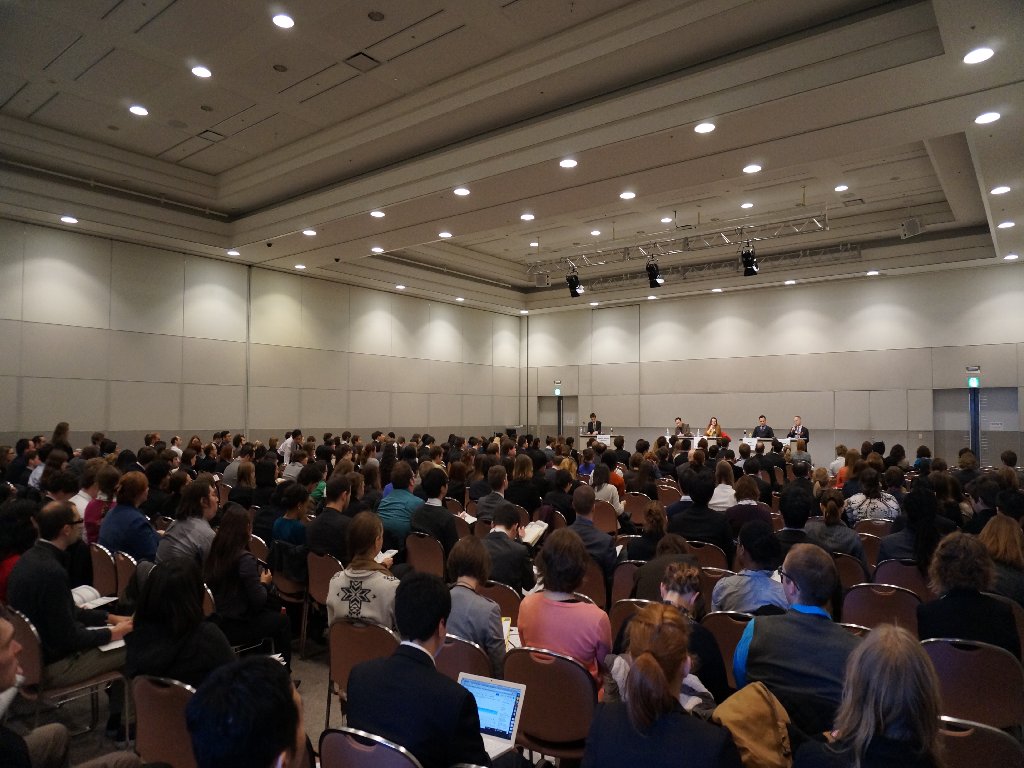
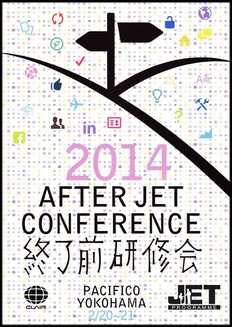
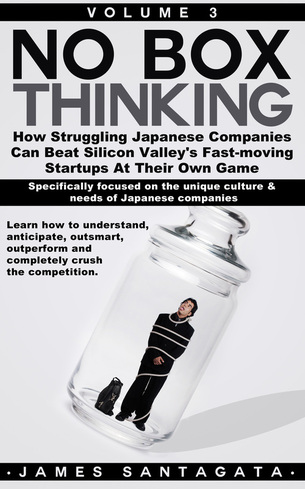

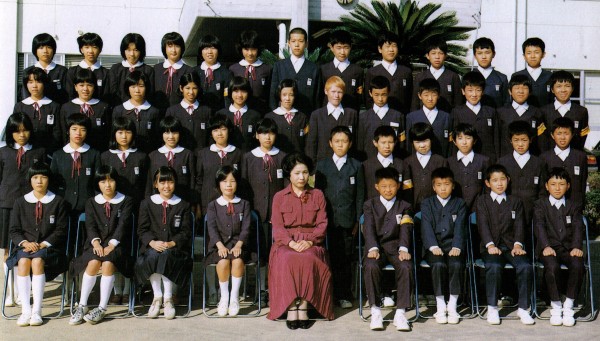
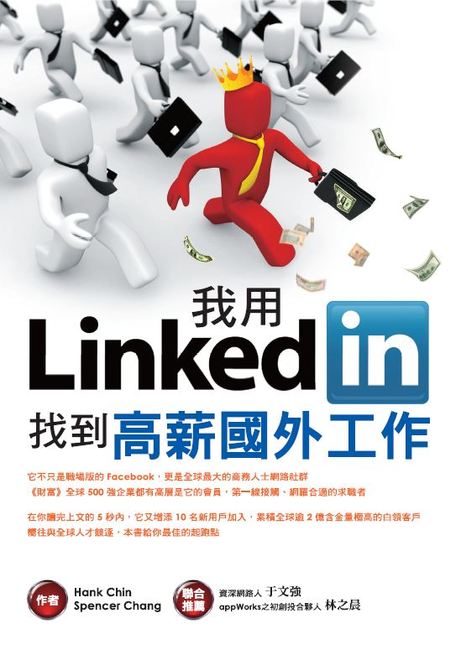
 RSS Feed
RSS Feed

